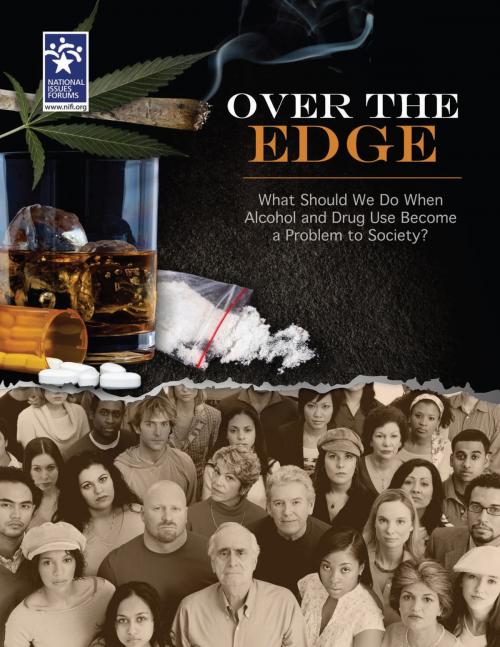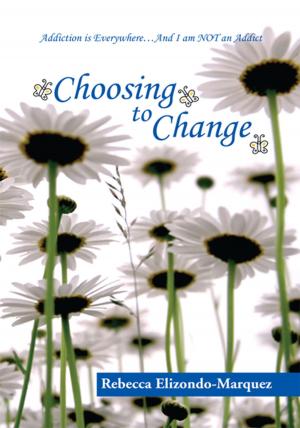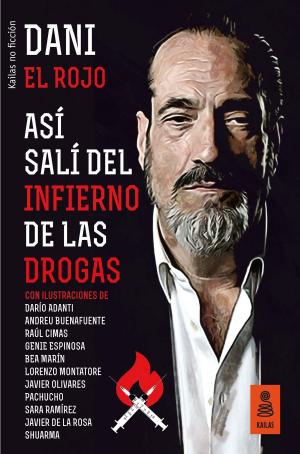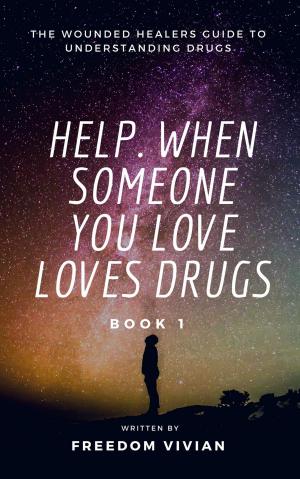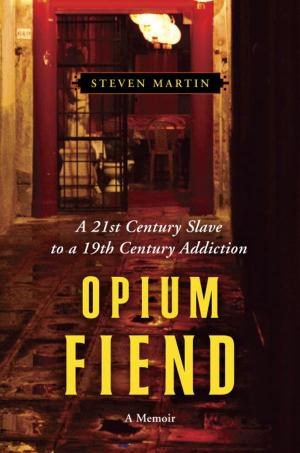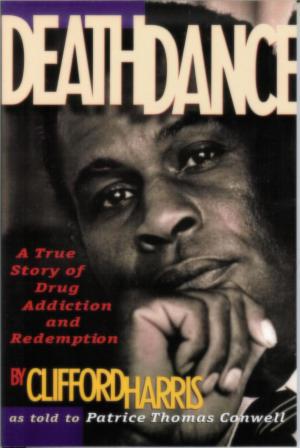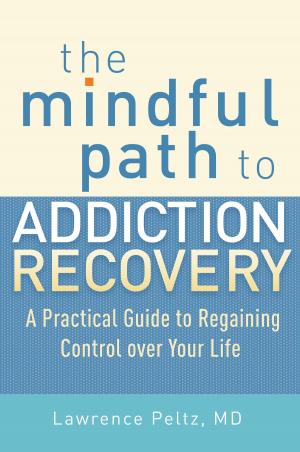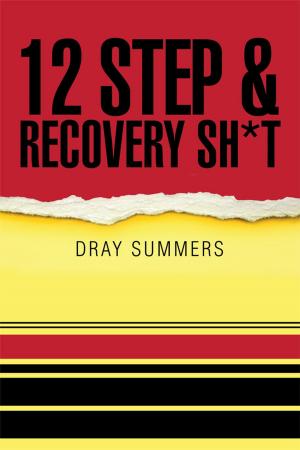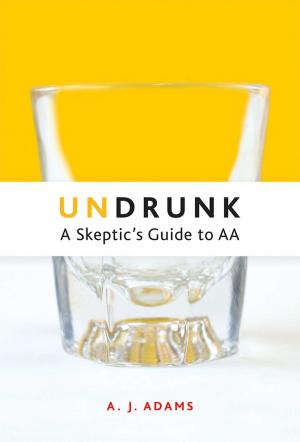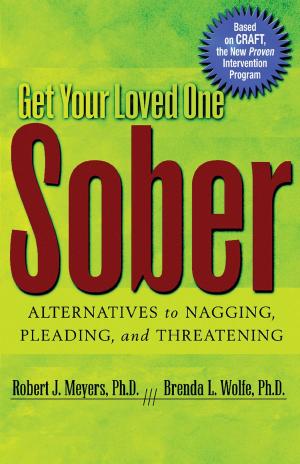Over the Edge
What Should We Do When Alcohol and Drug Use Become a Problem to Society?
Nonfiction, Health & Well Being, Self Help, Addiction, Drug Dependence| Author: | Donna Aguiniga | ISBN: | 9781946206121 |
| Publisher: | National Issues Forums Institute | Publication: | December 1, 2015 |
| Imprint: | National Issues Forums Institute | Language: | English |
| Author: | Donna Aguiniga |
| ISBN: | 9781946206121 |
| Publisher: | National Issues Forums Institute |
| Publication: | December 1, 2015 |
| Imprint: | National Issues Forums Institute |
| Language: | English |
There are no easy answers to deep-seated public problems like substance abuse. In order to make progress on such issues, we need to tap the experience, wisdom, and hopes of people in communities who are concerned about the issue. Why does this issue matter to people? What roles can different people and organizations play? What actions would make the most difference? What are the potential drawbacks and trade-offs of different approaches?
The purpose of this issue guide is to help people talk together about what we should do when alcohol and drug use becomes a problem to society. It begins with an overview of substance use and abuse in the United States and the impact this has on individuals, families, and communities. It then offers three options for addressing the issue, along with potential actions that could be taken. These are starting points for the conversation, which may lead to other insights and possibilities.
People from seven organizations across the country participated in developing the guide, conducting interviews, surveys, and conversations with diverse people in their communities to capture different views on the issue. The organizations included the Community College of Baltimore County, San Diego Deliberation Network, Tennessee State University, University of Alaska Anchorage, Walden University, SUNY Broome Community College, and the West Virginia Center for Civic Life.
This issue guide presents the following three options for deliberation:
Keep People Safe
According to this option, the main problem is that substance abuse threatens our safety and well-being. “The rise in crime in this area and others won’t decline until the problem is eradicated,” a police investigator said. “We need to get help for the addict, get him or her off the street and go after the dealers and players.” This option says we need to tightly regulate and control the production and use of alcohol and drugs. We must impose fair punishments for people who break the rules and assure treatment for substance abuse for those who need it. We must not become complacent about the serious harm that substance abuse can cause to individuals and society.
Address Conditions that Foster Substance Abuse
According to this perspective, the main problem is that we are ignoring the social issues that contribute to substance abuse. “Substance abuse is not a contagious disease, and no one says, ‘I want to be a substance abuser when I grow up.’” a nurse said. “Life circumstances have put these people in the situation they are in.” This option says we need to recognize that discrimination creates a society where people may self-medicate with drugs and alcohol because they lack power and opportunities. We should stop placing all the blame on individuals and demand more accountability from drug companies, the media, and society at large. We must strengthen local economies and create better jobs to reduce the incentive to sell drugs illegally, and reduce the discrimination that can lead people to use substances as an escape.
Uphold Personal Freedom
According to this view, the main problem is that current efforts to control substance use infringe on people’s rights and are ineffective. “The idea that law enforcement can take care of this problem on their own, even if they had more resources, is a complete fallacy,” said a board member of a nonprofit agency. This option says we need to ease up on overregulation and focus instead on providing accurate information so people can make their own choices about substance use. We must also protect the legal and civil rights of people arrested for drug-related crimes and reform laws that are unduly intrusive or unfair.
There are no easy answers to deep-seated public problems like substance abuse. In order to make progress on such issues, we need to tap the experience, wisdom, and hopes of people in communities who are concerned about the issue. Why does this issue matter to people? What roles can different people and organizations play? What actions would make the most difference? What are the potential drawbacks and trade-offs of different approaches?
The purpose of this issue guide is to help people talk together about what we should do when alcohol and drug use becomes a problem to society. It begins with an overview of substance use and abuse in the United States and the impact this has on individuals, families, and communities. It then offers three options for addressing the issue, along with potential actions that could be taken. These are starting points for the conversation, which may lead to other insights and possibilities.
People from seven organizations across the country participated in developing the guide, conducting interviews, surveys, and conversations with diverse people in their communities to capture different views on the issue. The organizations included the Community College of Baltimore County, San Diego Deliberation Network, Tennessee State University, University of Alaska Anchorage, Walden University, SUNY Broome Community College, and the West Virginia Center for Civic Life.
This issue guide presents the following three options for deliberation:
Keep People Safe
According to this option, the main problem is that substance abuse threatens our safety and well-being. “The rise in crime in this area and others won’t decline until the problem is eradicated,” a police investigator said. “We need to get help for the addict, get him or her off the street and go after the dealers and players.” This option says we need to tightly regulate and control the production and use of alcohol and drugs. We must impose fair punishments for people who break the rules and assure treatment for substance abuse for those who need it. We must not become complacent about the serious harm that substance abuse can cause to individuals and society.
Address Conditions that Foster Substance Abuse
According to this perspective, the main problem is that we are ignoring the social issues that contribute to substance abuse. “Substance abuse is not a contagious disease, and no one says, ‘I want to be a substance abuser when I grow up.’” a nurse said. “Life circumstances have put these people in the situation they are in.” This option says we need to recognize that discrimination creates a society where people may self-medicate with drugs and alcohol because they lack power and opportunities. We should stop placing all the blame on individuals and demand more accountability from drug companies, the media, and society at large. We must strengthen local economies and create better jobs to reduce the incentive to sell drugs illegally, and reduce the discrimination that can lead people to use substances as an escape.
Uphold Personal Freedom
According to this view, the main problem is that current efforts to control substance use infringe on people’s rights and are ineffective. “The idea that law enforcement can take care of this problem on their own, even if they had more resources, is a complete fallacy,” said a board member of a nonprofit agency. This option says we need to ease up on overregulation and focus instead on providing accurate information so people can make their own choices about substance use. We must also protect the legal and civil rights of people arrested for drug-related crimes and reform laws that are unduly intrusive or unfair.
